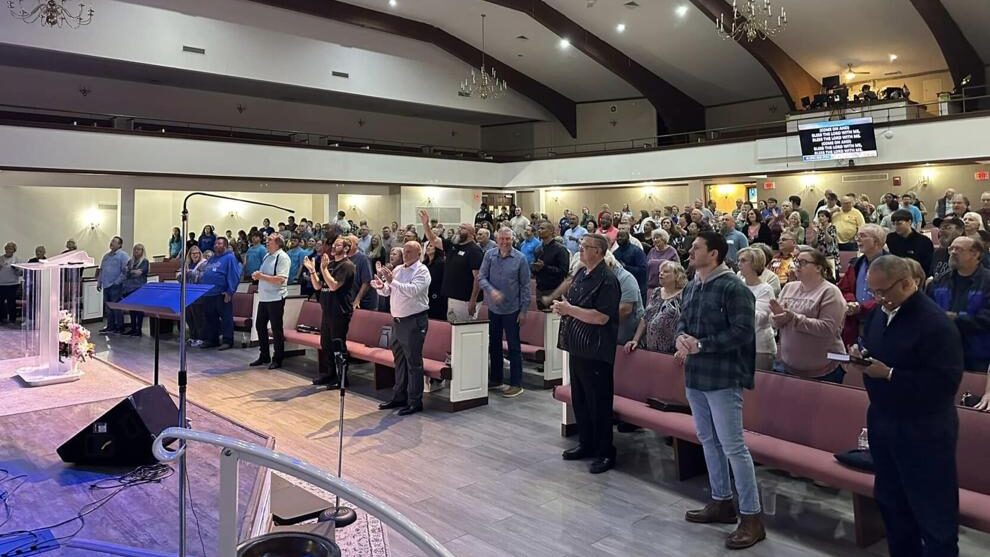THE UNFAITHFUL BRIDE
Hosea 1:2–9, 3:1–5
Hosea’s preaching ministry to Israel is concurrent with other prophets at the time of Jeroboam II (Amos, Jonah, Micah). Personal family details about Hosea and Gomer (e.g., fathers’ names) indicate these events are real and not imagined. The marriage of the prophet and his wayward wife constitutes a sign act, incarnating the allegory of God as the faithful but spurned husband of wayward, adulterous and idolatrous Israel. These events took place over a number of years, perhaps six to eight years judging by details of weaning the second child.
Obedience demonstrated (1:2–7)
Hosea’s marriage to a promiscuous woman who bears illegitimate children symbolizes God’s relationship to the Israelites, people of idolatry and not of a faithful covenant. Gomer is probably not a career prostitute, but she is likely a woman inclined to wander after other men; consequently, the children mentioned are probably not all Hosea’s. “Children of promiscuity” might also mean they bear the disgrace of their promiscuous mother.
The name of Hosea’s son Jezreel denotes a strategic, fortified Israelite city where the royal family maintained a palace. Jezreel witnessed much bloodshed at the hands of Jehu, a violent military general and king (usurper) of Israel.
Jezreel’s name symbolized God’s judgment on Jeroboam II, whose son would be the last of Jehu’s dynasty. The names of Lo-Ruhamah (no compassion or unloved) and Lo-Ammi (not my people or not mine) symbolize covenant breaking to the point that the Israelites lost their identification as God’s people bound to Him in a covenant of love.
Unfaithfulness seen (8–9)
God rejects Gomer/Israel, yet a glimmer of hope remains for restoration. Despite Israel’s unfaithfulness, one day the two parts of God’s household will reunite under the rule of a Davidic king, pointing forward to Christ.
Israel commits spiritual adultery with lovers (pagans) who offer gifts (abundant natural resources, silver and gold, luxurious textiles), which are in reality God’s covenant provisions.
When the wages or benefits of adulterous lovers dry up, the wife returns empty-handed, and a rebuke and punishment are fully in order. God plans to forgive and restore after spiritual cleansing. Marriage and covenant vows will be renewed, and the negative aspects of Israel’s offspring will be reversed.
Restoration sought (3:1–5)
The unrequited love of God toward Israel and Hosea toward Gomer is heartbreaking. Gomer had possibly gotten into debt slavery, unable to pay back lovers, or she may have become a temple prostitute. The price is that of a female slave (30 shekels, paid in silver and barley).
The loving redemption of God carries discipline that heals and restores as Gomer is isolated from her lovers. This pictures the coming exile, during which Israel will have no governing or religious structures and no political independence or power. The Israelites will be reliant only on God. Their ultimate restoration will be fulfilled in Christ (“David their king”) in future days.
By Stefana Dan Laing
Associate professor at Beeson Divinity School in Birmingham, Alabama








